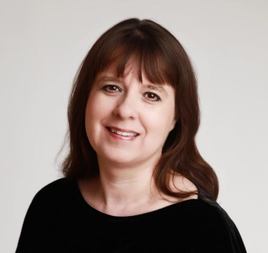 J.S.Watts is a British poet and novelist. Her poetry, short stories and book reviews appear in a variety of publications in Britain, Canada, Australia, New Zealand and the States including Acumen, Envoi, Mslexia and Orbis and have been broadcast on BBC and Independent Radio. J.S. has been Poetry Reviews Editor for Open Wide Magazine and Poetry Editor for Ethereal Tales. Her poetry collections and pamphlets include: Cats and Other Myths, Years Ago You Coloured Me, Songs of Steelyard Sue and The Submerged Sea. Her two novels, A Darker Moon - dark literary fantasy and Witchlight - a paranormal tale, are published in the US and UK by Vagabondage Press. For further details see: www.jswatts.co.uk
|
Categories
All
|
 RSS Feed
RSS Feed